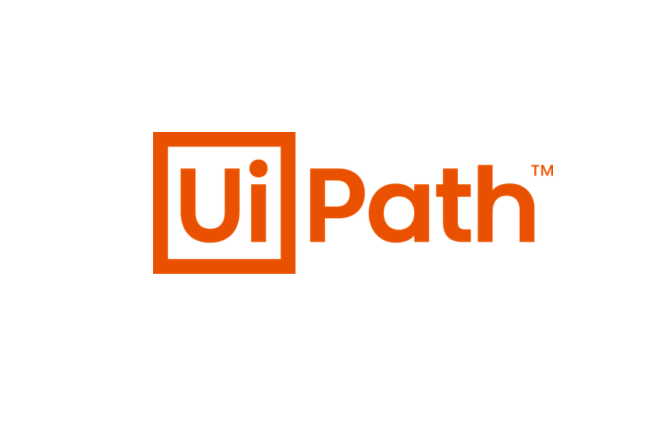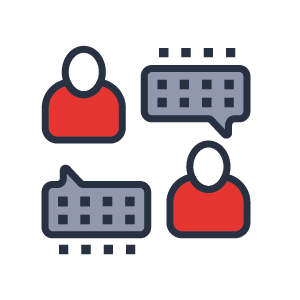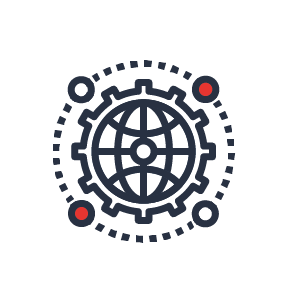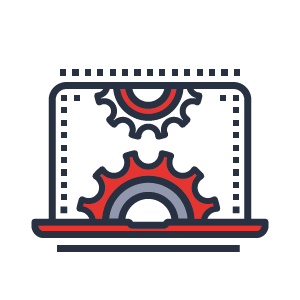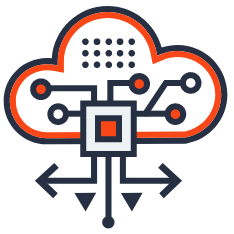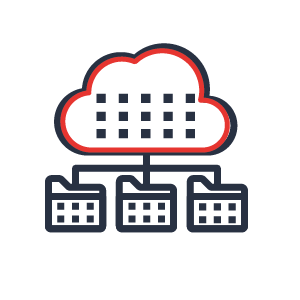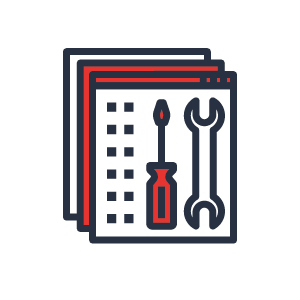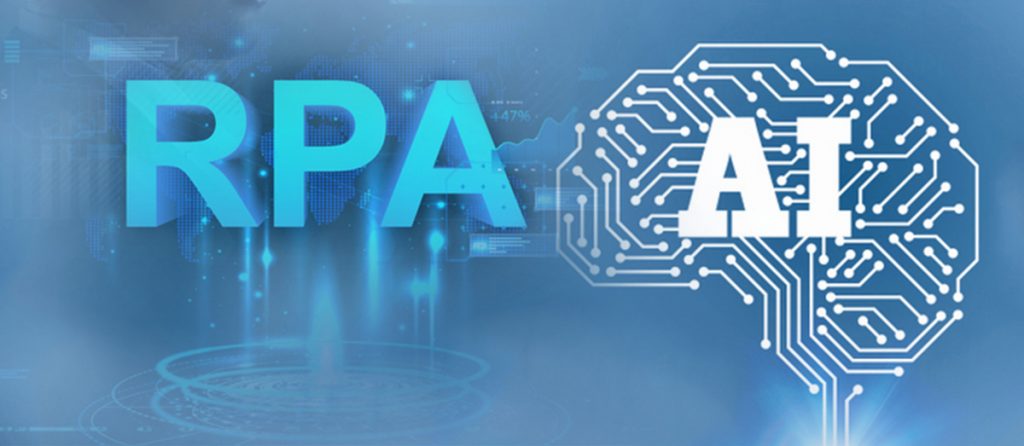
AI has been making headlines recently, rapidly gaining momentum and sparking curiosity about its capabilities. The idea of computers working for us and emulating human intelligence but in a more efficient manner is captivating.
Imagine computers making decisions, solving complex problems, engaging in intelligent conversations, drafting outlines, and even generating pictures.
The potential of AI to enhance our lives and boost success is undeniable. By harnessing its power, we can simplify tasks and achieve greater achievements. Initially, Robotic Process Automation (RPA) and Artificial Intelligence (AI) were perceived as separate concepts, but with the ever-evolving landscape of automation technology, they are now intertwined, and AI is significantly enhancing RPA.
AI stands as an exceptional cognitive learning technology, presenting boundless possibilities ranging from cognitive algorithms to AI-driven breakthroughs across diverse industries. Intelligent Automation (IA) goes beyond traditional AI, amalgamating machine learning (ML), robotic process automation, and other cutting-edge technologies to attain comprehensive end-to-end automation, empowered by a digital workforce.
While both RPA and AI have their individual strengths, the real optimisation for business processes lies in merging the two, giving birth to intelligent automation. RPA excels at automating rule-based and repetitive tasks, while AI simulates human intelligence through computer systems. When these two forces collaborate, their potential is unparalleled.
What Sets Artificial Intelligence (AI) Apart from Robotic Process Automation (RPA)?
Robotic Process Automation (RPA) utilises software robots to automate repetitive tasks in business processes, mimicking human actions to relieve employees from mundane duties. By handling routine chores, RPA enhances employee engagement and morale, enabling them to concentrate on more stimulating cognitive tasks. These RPA robots efficiently execute automated tasks according to their programmed instructions, ensuring accuracy and reliability.
On the other hand, Artificial Intelligence (AI) possesses cognitive abilities such as learning, reasoning, and identifying errors and inefficiencies for correction. AI encompasses various applications, including Machine Learning (ML), Optical Character Recognition (OCR), Natural Speech Processing, Speech Recognition, and Natural Language Processing (NLP).
Introducing AI-powered RPA robots brings forth intelligent digital workers that adapt and learn from their experiences while following contextual rules. These digital workers can function at different levels of automation: autonomously as ‘unattended’ automation or collaboratively with human operators as ‘attended’ automation.
Digital workers operate continuously without breaks, optimising employee workflows, reducing errors, boosting productivity, and enhancing customer satisfaction by providing quicker services.
In rapidly advancing fields like chatbots, unstructured content processing, IoT sensors, and analytics, AI and RPA converge to extract valuable insights from unstructured data, contributing to the intelligence of these robots.
Together, RPA and AI form an unparalleled alliance known as the digital workforce, combining their strengths to revolutionise and improve various aspects of business operations.
The Significance of Unstructured Data in Intelligent Process Automation
Unstructured data presents remarkable opportunities for automation. Many companies possess vast amounts of unstructured data, often amounting to dozens or even hundreds of terabytes. As a result, organisations are actively seeking reliable solutions to expedite the utilisation of unstructured information and unlock the full potential of intelligent robotic process automation.
To bridge the process gap, emphasis is placed on analytics, with nearly half of organisations opting to employ a combination of AI and automation software, thus paving the way for the creation of a dynamic digital workforce.
Incorporating Unstructured Data into an RPA Process
Consider the following scenarios where unstructured data plays a crucial role in the development of an RPA process:
1. Classifying Documents and Customer Taxonomy: When you need to categorise documents based on specific customers’ taxonomy and take appropriate actions accordingly.
2. Understanding Document Content: When the content of documents holds relevance for the process, and comprehension is necessary for further actions.
3. Applying Reasoning for Information Extraction: When reasoning and logical processing are required before extracting information from unstructured data.
4. Discovering Relations within Extracted Data: When relations between different data points need to be identified and utilised within the automation process.
In these situations, the collaboration between AI and RPA proves invaluable, expanding and enhancing the capabilities of intelligent automation by effectively utilising unstructured information.
AI plays a crucial role in making unstructured data immediately actionable within RPA. It comprehensively analyses, categorises, and extracts relevant information from various sources, such as text fields in documents, purchase orders, invoices, emails, survey reports, and forms. This data is then organised into structured files suitable for robotic process automation, streamlining the overall process and boosting efficiency.
The Synergy Between AI and RPA
Combining RPA and AI results in Intelligent Process Automation, also known as Intelligent Automation (IA). IA leverages both RPA and AI, along with machine learning and other AI-based automations, to optimise workflows, streamline processes, and drive comprehensive digital transformation within organisations.
Intelligent automation software empowers RPA robots to function as a digital workforce, enriched with cognitive automation capabilities, enabling them to handle increasingly complex tasks.
AI and RPA Collaboration
The pairing of AI with RPA proves to be a perfect match. AI enhances RPA’s ability to analyse, categorise, and extract unstructured data, making it functional and augmenting the output of even more mission-critical intelligent RPA workflows. Simultaneously, RPA complements AI by facilitating the adoption of effective automation with cognitive capabilities at a scalable level.
By leveraging an all-in-one platform, companies can reap the benefits of automation from both technologies, automating end-to-end processes and effectively harnessing the value of intelligent functionalities.
Integrating Expert AI’s artificial intelligence capabilities into SS&C Blue Prism robotic process automation platform enhances labour efficiency and productivity while achieving higher levels of accuracy in accessing unstructured data. This extends business automation to new strategic areas, automating tasks that were previously reserved solely for humans, thereby driving significant advancements in various business processes.
Examples of RPA and AI Working Together
1. Email Management
RPA bots equipped with AI capabilities can efficiently analyse email data, identifying urgency, issues, and the purpose of each message. They can even extract crucial information, leading to faster response times and improved organisation of topics.
2. Invoice Processing
By incorporating AI-powered robots into payment processing systems, the time taken for invoice processing is significantly reduced, and the accuracy is greatly enhanced.
3. Finance Transactions
The combination of RPA and AI ensures both security and precision in financial transactions. AI-powered bots capture user data from various sources and, through machine learning, detect potential fraud by scanning for inconsistent activities. Predictive analysis is employed to identify red flags in future transactions based on past experiences.
4. Communication Experiences
RPA and AI can be utilised to scan through employee and customer experiences, pinpointing areas that require improvement. Any issues that arise can be swiftly addressed, leaving no room for oversight and ultimately benefiting both employees and customers.
The Advantages of RPA and AI Collaboration
Now that you understand the potential of RPA and AI working harmoniously, let’s delve into the numerous benefits they offer, elevating your automation journey from good to exceptional.
1. Improved Employee Satisfaction: Integrating RPA and AI liberates employees from mundane and repetitive tasks, allowing them to concentrate on more meaningful and high-value projects. This boost in job satisfaction enhances overall employee morale and productivity.
2. Efficiency: The combination of RPA and AI streamlines processes, leading to quicker time-to-results. Tasks are executed more swiftly and with reduced manual intervention, leading to improved operational efficiency.
3. Accuracy: Automating processes through RPA and AI significantly reduces human errors. With fewer mistakes, processes become more precise and reliable, further enhancing overall efficiency and productivity.
4. Consistency and Compliance: The adherence to defined rules and automation of tasks results in greater consistency in output. Moreover, the digital workers maintain clear audit trails, ensuring compliance requirements are consistently met, and regulatory standards are followed.
The integration of RPA and AI yields a transformative impact on your organisation’s automation endeavours, offering an array of benefits that positively impact employee engagement, process efficiency, accuracy, and regulatory compliance. Embracing this powerful combination can take your automation efforts to unparalleled levels of success.
Summary
The collaboration between Robotic Process Automation (RPA) and Artificial Intelligence (AI) holds immense promise for businesses seeking to optimise their operations and drive digital transformation. By combining the efficiency and accuracy of RPA with the cognitive capabilities of AI, organisations can unlock a new realm of possibilities, transforming their processes from conventional to intelligent and dynamic.
Intelligent Process Automation (IPA) empowers digital workers to perform complex tasks with speed, precision, and adaptability. This not only results in enhanced operational efficiency but also frees human employees from mundane tasks, enabling them to focus on strategic and creative endeavors, ultimately boosting overall employee satisfaction and productivity.
With IPA, processes are streamlined, outcomes are more accurate, and compliance is reinforced through consistent and rule-based actions. The potential for predictive analysis, proactive decision-making, and data-driven insights further augments an organisation’s ability to innovate and remain competitive in today’s dynamic business landscape.
Summary
Embrace the future of automation and unleash the full potential of your organisation with Intelligent Process Automation. Whether you are looking to streamline financial transactions, revolutionise customer experiences, or optimise workflow efficiency, RPA and AI together offer the perfect partnership to drive success.
To embark on your journey of digital transformation and experience the benefits of IPA, take the next step and explore how these cutting-edge technologies can revolutionise your business. Consult with our automation experts, we’ll evaluate your unique needs and implement a tailored IPA solution that aligns with your organisation’s goals.
Unlock AI/RPA Potential
Take the first step towards revolutionizing your business by tapping into the unparalleled potential of AI and RPA – contact us today to learn how.

